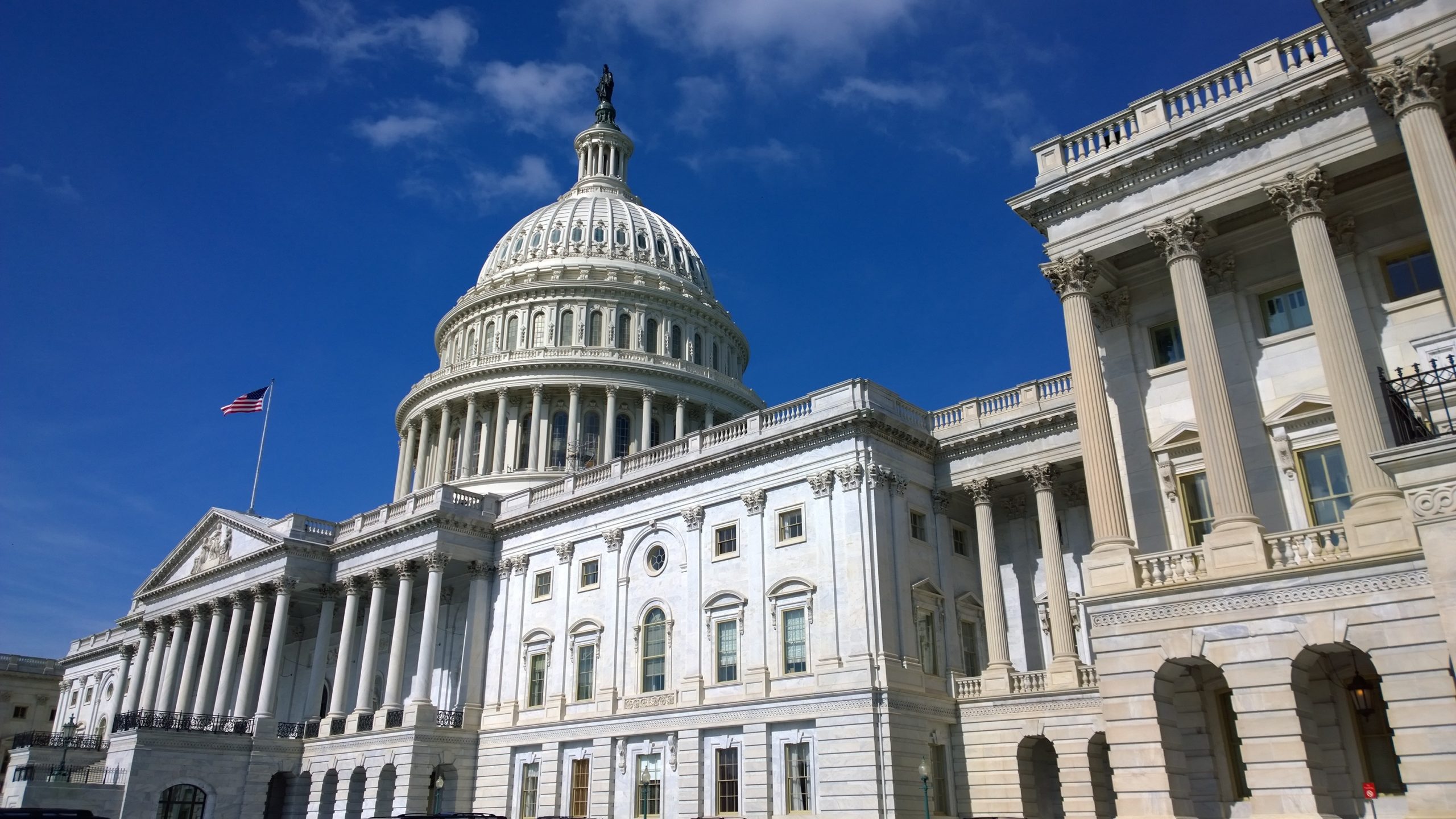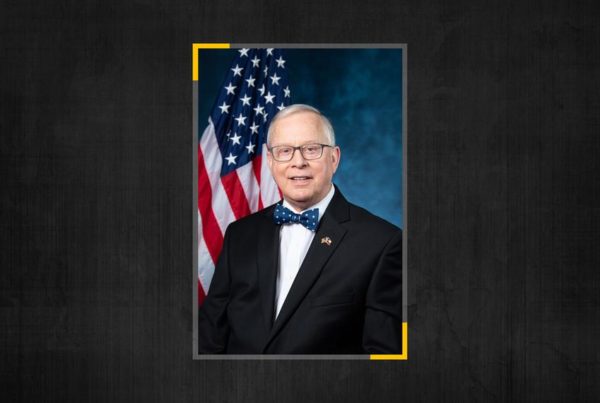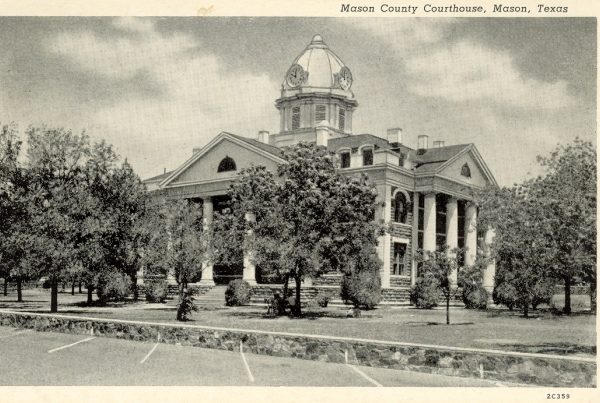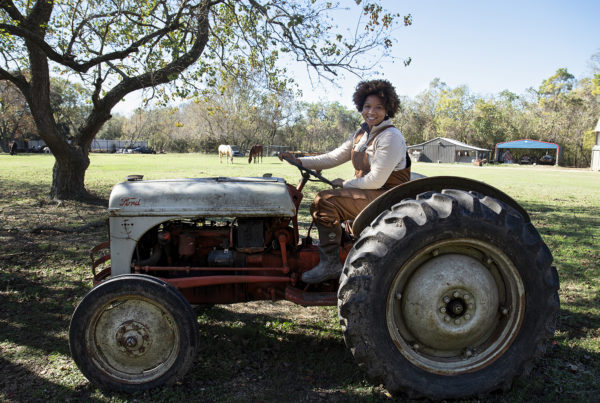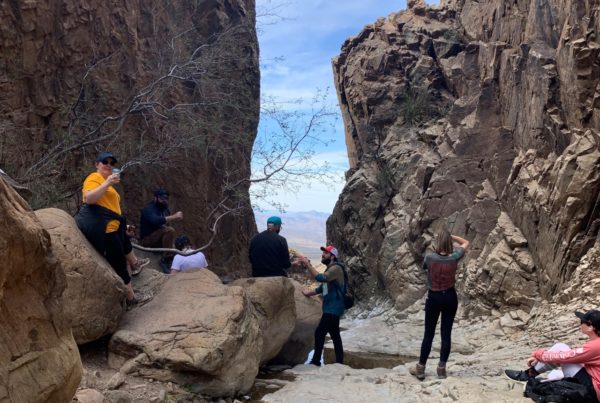Tuesday marks the first day of former President Donald Trump’s second impeachment trial.
Despite debate among some legal experts that an impeachment after a president has left office is unconstitutional, constitutional law scholar Lynne Rambo says the trial and the charges against Trump are legitimate. Rambo is professor emerita at Texas A&M University School of Law.
“The language of the Constitution certainly does not prohibit it,” Rambo told Texas Standard. “And the impeachment occurred before the president left office. So the only issue is whether or not the trial can go forward. And there are lots of reasons to believe that both the framers and common sense call for allowing the trial to go forward.”
Trump was impeached by the U.S. House of Representatives in the days following the Jan. 6 storming of the U.S. Capitol. He was accused of inciting the riot during a rally that occurred shortly before the riot. But Rambo expects the trial to focus on more than just what Trump said during that rally.
“It is the entire pattern of conduct of whipping people into a frenzy, falsely, as to whether or not there was a fraudulent election. So that the effort is going to be that whole pattern of behavior in terms of trying to get a conviction,” she said.
If Trump is convicted, he could be permanently banned from holding federal office. But such a punishment would require a two-thirds vote in the Senate, which Rambo says is a “very, very high bar.”
While this is the first impeachment trial of a former president, other federal office holders have been tried after leaving office. Former Secretary of War William Belknap was tried in 1867 for a bribery scheme. Rambo says his case is precedent for Trump’s.
U.S. Supreme Court Chief Justice John Roberts will not preside over the trial. Vermont Sen. Patrick Leahy will take Roberts’ place. Rambo says the Constitution doesn’t require Roberts’ participation since Trump is not a sitting president.


